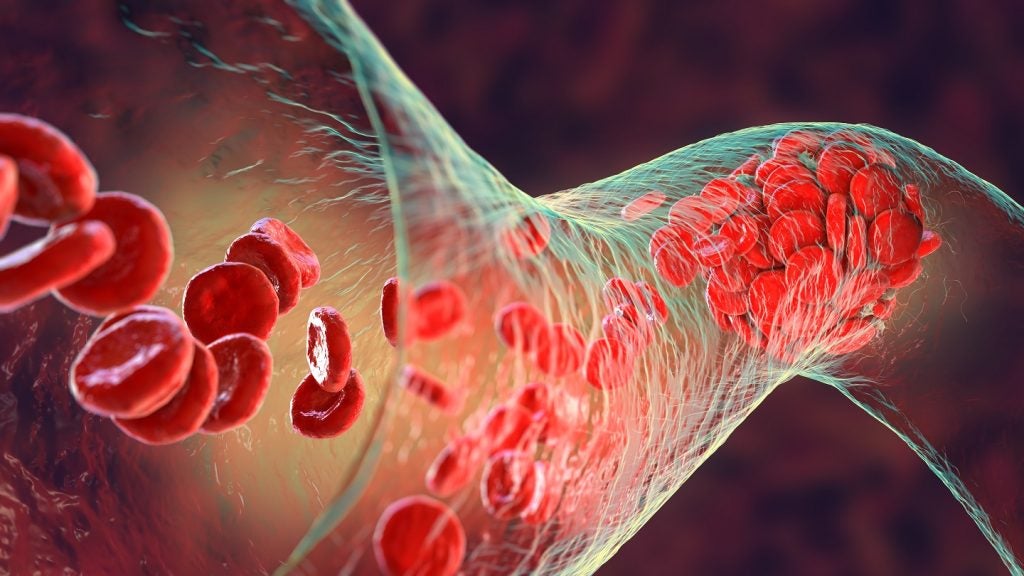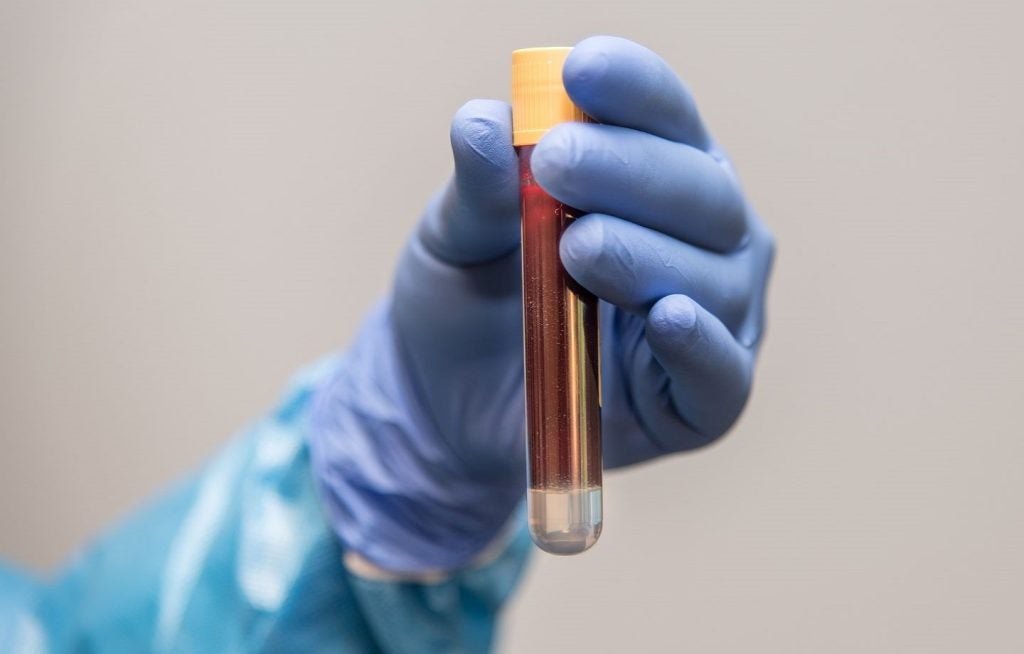South Korean biotechnology company PharmAbcine has published preclinical research demonstrating the potential of PMC-403, its Tie2-activating antibody programme.
PMC-403 has been tested for the treatment of idiopathic systemic capillary leak syndrome (ISCLS), also known as Clarkson disease.
ISCLS is a severe systemic rare disorder caused by the sudden exit of fluids and proteins from blood vessels into surrounding tissues when systemic vascular endothelial cells function abnormally.
The trial results highlight the therapy’s ability to reduce vascular leakage associated with ISCLS in the preclinical models.
PMC-403 has a novel mechanism of action that activates the Tie2 receptor while normalising the pathological blood vessels that leak.
Earlier this year, the antibody received orphan drug designation (ODD) from the US Food and Drug Administration (FDA) to treat systemic capillary leak syndrome.
PharmAbcine conducted the trial in partnership with NIH's Lung and Vascular Inflammation Section chief Dr Kirk Druey.
It was observed that PMC-403 improved survival and alleviated vascular leakage in the mouse model of ISCLS induced by histamine.
The trial has extended to treat mice exposed to influenza, showing favourable data in reducing vascular leakage.
PharmAbcine president and CEO Dr Jin-San Yoo said: “This study provides vital insights into the efficacy and potential expandability of Tie2-activating antibody for vascular diseases.
“Leveraging these preclinical data and the ODD grant by the US FDA, we are highly committed to seeking collaborative clinical research partnerships to expedite the development of an ISCLS therapy.”
PMC-403 is also being trialled for other therapeutic areas that are related to pathological vessels, including chronic kidney disease and vessel-related rare disease.
In May this year, PharmAbcine received Korean Ministry of Food and Drug Safety (MFDS) approval for its investigational new drug application for PMC-403.
This approval allowed the company to begin a Phase I clinical trial of PMC-403 for neovascular age-related macular degeneration.
















